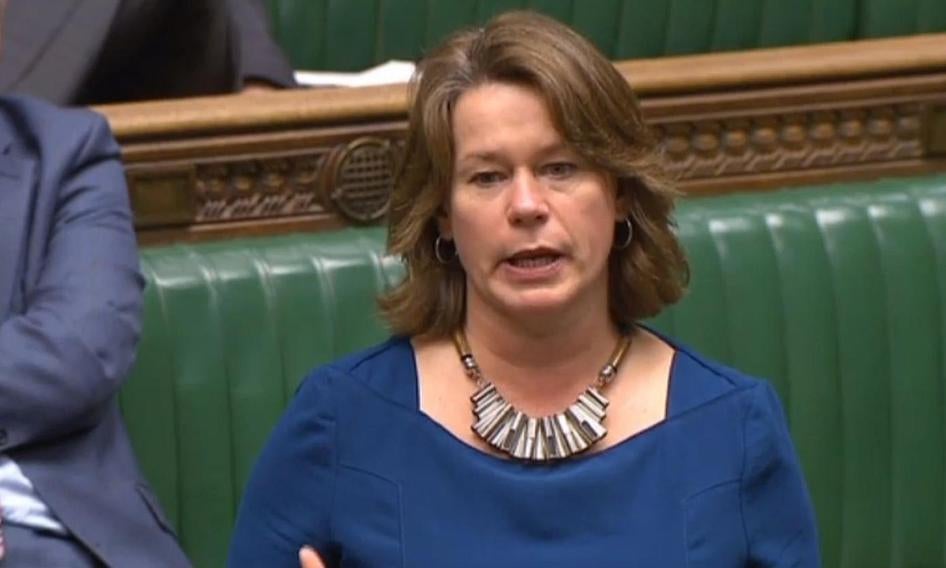“I’m not a victim. I’m a survivor.” British MP Michelle Thomson made that courageous statement on December 8, when she told the House of Commons about her rape at age 14 and its long-term consequences. Decades had passed before Thomson made this public declaration. Like many sexual violence survivors, shame, fear, and a culture of silence deterred her from getting immediate help.
Last Friday, British MPs urged
the UK government to ratify the Istanbul Convention, a groundbreaking European treaty that establishes standards to prevent violence against women, support survivors, and hold perpetrators to account. MPs supported MP Eilidh Whitford’s bill calling for ratification by 135 to 2.
The government signed the treaty in June 2012, but has yet to establish a clear timeline for ratification, ascribing delays to necessary consultations with authorities in Scotland, Wales, and Northern Ireland, and to legal changes needed to prosecute violence committed outside the UK.
The level of lethal violence against women makes this a matter of absolute urgency: men, the majority of them current or former intimate partners,
killed more than 900 women in England and Wales between 2009 and 2015.
Activists have urged the UK government to fulfill repeated
promises to ratify the convention, which would ensure access to critical services and support for women and girls who suffer gender-based violence, regardless of age, ethnicity, sexual orientation, or residency status.
Services and support are essential in mitigating the consequences of gender-based violence, which can include injury and disability, unintended pregnancy, sexually transmitted diseases, depression, and even suicide. Women from racial and ethnic minorities and undocumented women can be particularly isolated. Austerity means less funding for services aimed at survivors in these communities.
The UK government has moved to bring national legislation into line with the Istanbul Convention, including
criminalizing forced marriage and
coercive control and a
new £15 million fund to support local services for survivors.
Now, having positioned itself as an international leader in the fight against sexual violence, the UK should recognize that ending violence against women begins at home. “To be honest, looking back, at that point I don’t think I knew what rape was,” said Thomson. “It was not something that was talked about.”
We hope Thomson’s words will move other women and girls to come forward and get the help they need. When they do, the UK should ensure that medical, psychosocial, and legal services are there for them, and let these survivors know they are not alone. Ratifying the Istanbul Convention is a crucial step.









